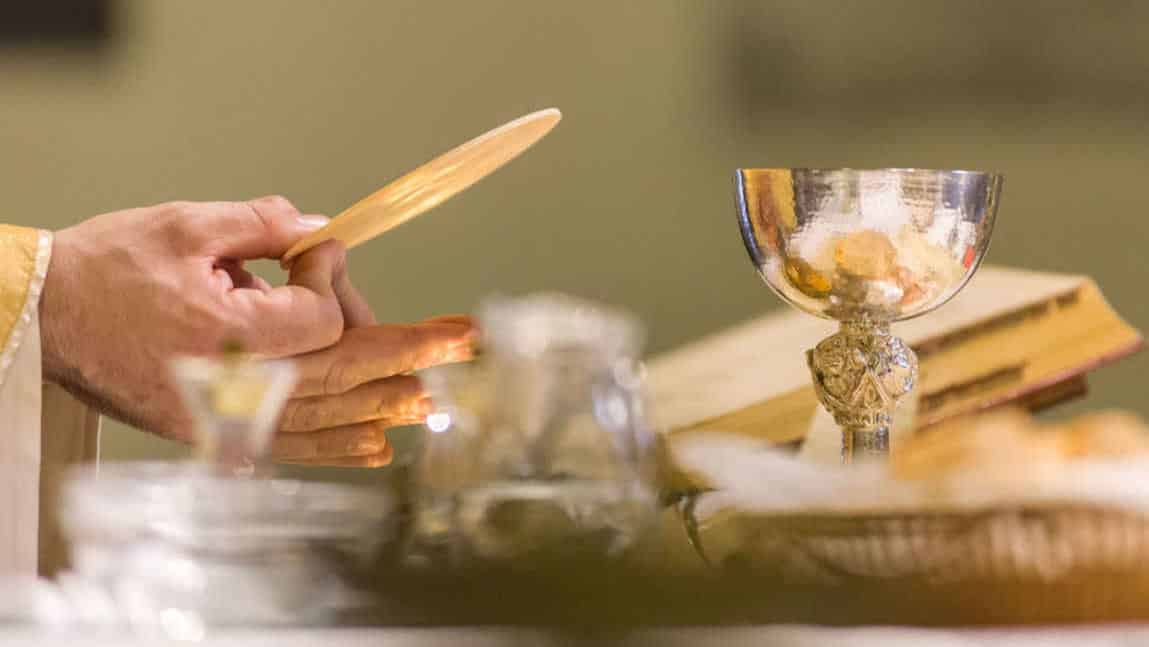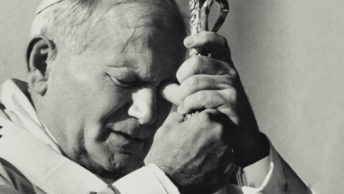In the 1993 film Searching for Bobby Fischer, an eight-year-old chess prodigy, Josh, is taking chess lessons from Bruce, his tutor. In an attempt to motivate Josh, Bruce reaches into his valise and very slowly and reverently begins to remove a white sheet of paper with some words printed on one side. While holding it with two hands, he says to Josh, “This is very rare. It says, ‘Master Chess Certificate awarded to, there’s a blank here for a name, for highest achievement on this day of, there’s a blank, 1990.’”
Bruce hands the document to Josh and says, “Be careful with it. This is a mysterious and powerful thing. It’s only been given out, I don’t know, maybe a few times in history and only to those who achieve master points.”
When Josh asks how he can gain master points, Bruce tells him that every time Josh demonstrates he has mastered a chess concept, Bruce will award him a number of points and keep a record of the points in a notebook. In the eyes of Josh, this is a goal well worth pursuing.
Later in the movie, Bruce becomes irritated with what he perceives as Josh’s lack of interest. When Josh insists upon receiving the master certificate, Bruce takes the certificate from his valise and slaps it on the table. Then he takes out another blank certificate and slaps that down. As his frustration grows, he continues to slap blank certificates on the table until there is a stack of thirty.
Josh realizes that the original certificate was not a “mysterious and powerful thing” but a simple duplicated piece of paper. He is crushed and dispirited.
There is an important lesson here. Something of true value must be protected and handled in a manner that reinforces its intrinsic value. A failure to do so will diminish its importance in the eyes of many
I share this movie vignette in order to segue to the recent Pew Research survey of Catholic beliefs (or lack thereof) in Transubstantiation, the changing of the water and wine during Mass into the actual body and blood of Jesus Christ. According to the survey, 69% of Catholics believe that the Eucharist is only a symbol of the body and blood of Christ, while 31% believe in the reality of Transubstantiation. Of Catholics who attend Mass at least once a week, only 63% believe in the Real Presence. Since the Eucharist is the “source and summit of the Christian life, these numbers are more than disturbing.
The logical question is, how did we come to this dire situation? There are several reasons, but I would like to focus on the three that I believe are most damaging.
First, the removal of the Communion rail. During the Mass, the priest is the intermediary between heaven and earth. When communicants kneel humbly at the rail to receive Christ, the priest brings heaven to the people. In addition, the rail is an extension of the altar and becomes a banquet table where communicants offer themselves as a sacrifice and receive the body and blood of Christ. With the Communion rail gone, the connection between heaven and earth is lost, and humble adoration becomes nearly impossible.
The second cause of the decline in belief in the Real Presence is the reception of Communion in the hand. In most cases, communicants show no evidence that they are aware that they are receiving the precious body and blood of their redeemer. Their hands do not form a “throne” where the Lord is to be placed. Instead, the hands are often down by their waist, or some communicants actually reach out and snatch the host out of the priest’s hands, as if they were choosing the last of their favorite cracker. Many, if not most, of the recipients never even bother to say “Amen.” The late theologian Fr. John Hardon once said, “Behind Communion in the hand . . . is a weakening, a conscious, deliberate weakening of faith in the Real Presence.” After all, it’s hard to be truly humble in a standing position and giving the host to oneself.
A third lack of belief in Transubstantiation is the plethora of people who handle the body and blood of Christ. In the past, only a priest was permitted to do so because his hands were consecrated. But now we have extraordinary Eucharistic ministers not only handling the consecrated host, but we also have them holding the consecrated blood of Christ so that communicants can have the opportunity to receive under both species. The result is that the unique calling of the priest is severely diminished. He is no different than anyone else on the altar. If Bob or Jane can handle the host with unconsecrated hands and with no serious theological training and preparation, then the host can’t be anything special, certainly not the true body and blood of Christ.
In the movie mentioned above, Bruce destroys the wonder and awe of the master chess certificate when he tells Josh that “it doesn’t mean anything.” If a majority of Catholics have lost the wonder and awe of the Eucharist, it’s because the Church itself has said, by its own practices, that it doesn’t mean anything. And if it doesn’t mean anything, then let’s just call it a symbol.








